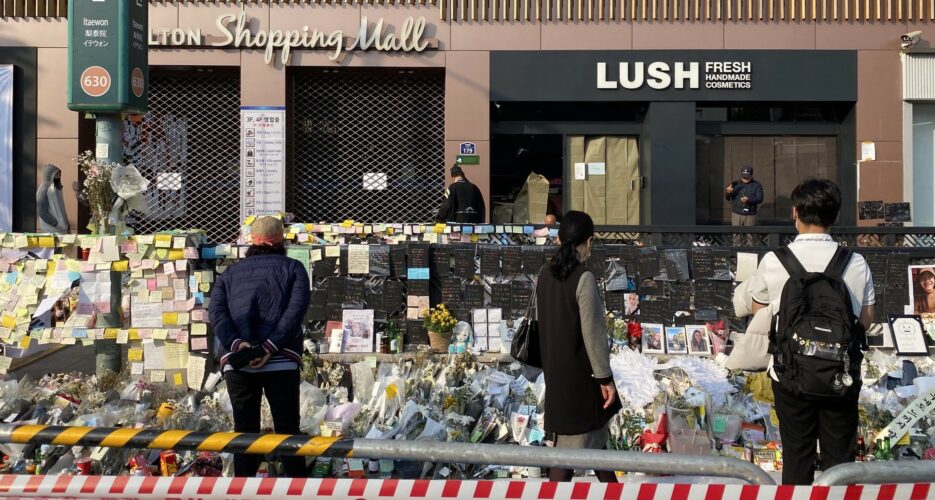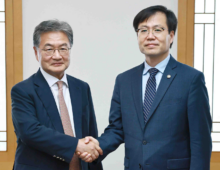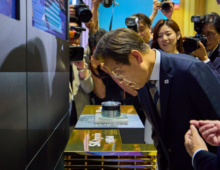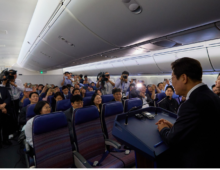Young people already under chronic stress now face collective trauma, underlining need for universal mental health care
The deaths of 158 people in the Itaewon crowd crush have left an indelible mark on the psyche of the South Korean people in many ways. Beyond the immediate tragedy of losing so many young lives, the heartbreaking stories reveal a looming mental health crisis, and tackling it must become a top priority for the Yoon administration.
However, the government initially decided to use the word “accident” instead of “disaster” or “crush” when describing the incident. The government’s position was that Itaewon is a popular tourist destination, and it didn't want to impart “a bad reputation” by referring to the incident as a “disaster.”
The deaths of 158 people in the Itaewon crowd crush have left an indelible mark on the psyche of the South Korean people in many ways. Beyond the immediate tragedy of losing so many young lives, the heartbreaking stories reveal a looming mental health crisis, and tackling it must become a top priority for the Yoon administration.
However, the government initially decided to use the word “accident” instead of “disaster” or “crush” when describing the incident. The government’s position was that Itaewon is a popular tourist destination, and it didn't want to impart “a bad reputation” by referring to the incident as a “disaster.”
Get your
KoreaPro
subscription today!
Unlock article access by becoming a KOREA PRO member today!
Unlock your access
to all our features.
Standard Annual plan includes:
-
Receive full archive access, full suite of newsletter products
-
Month in Review via email and the KOREA PRO website
-
Exclusive invites and priority access to member events
-
One year of access to NK News and NK News podcast
There are three plans available:
Lite, Standard and
Premium.
Explore which would be
the best one for you.
Explore membership options
© Korea Risk Group. All rights reserved.
No part of this content may be reproduced, distributed, or used for
commercial purposes without prior written permission from Korea Risk
Group.












